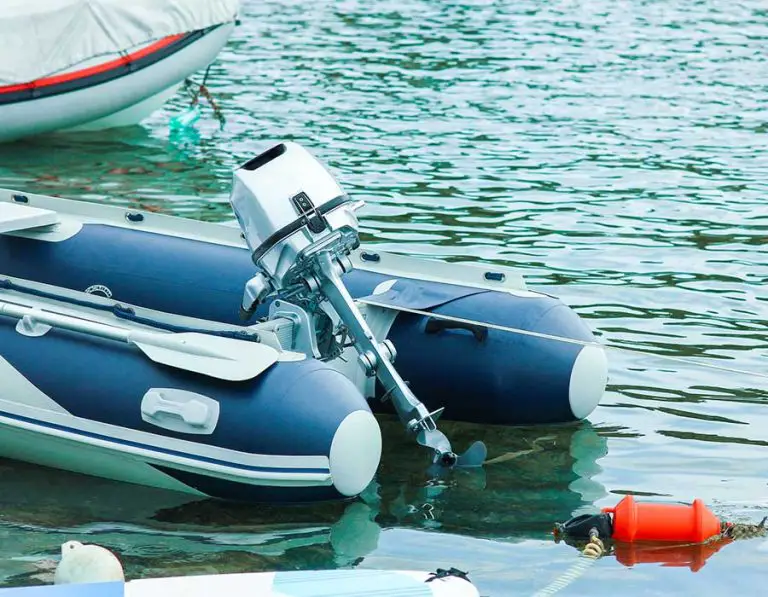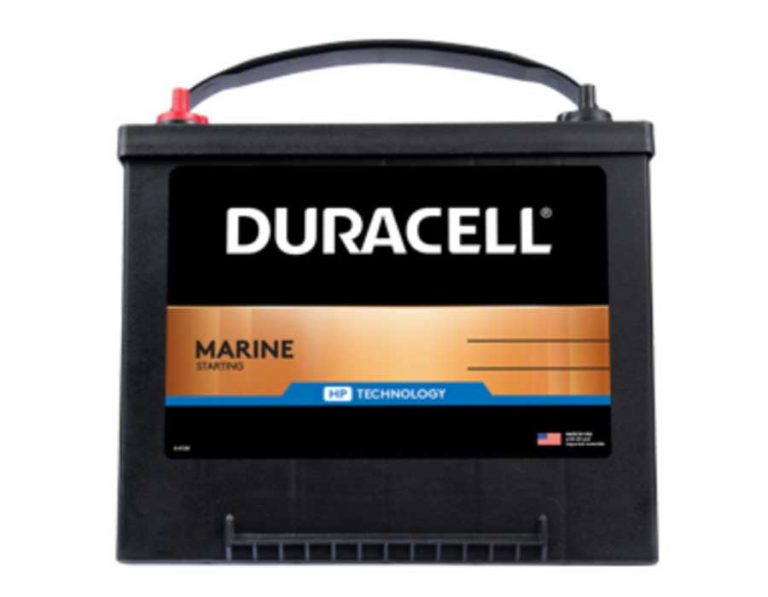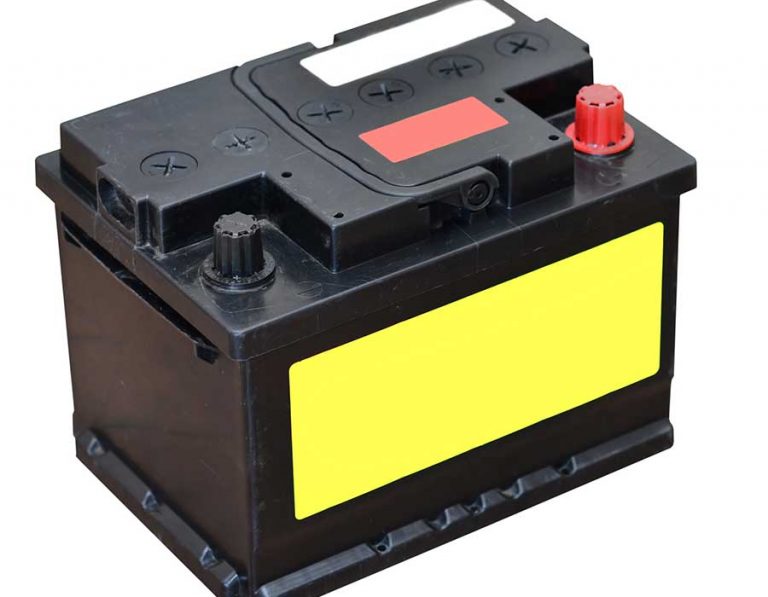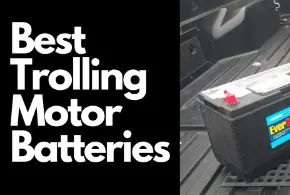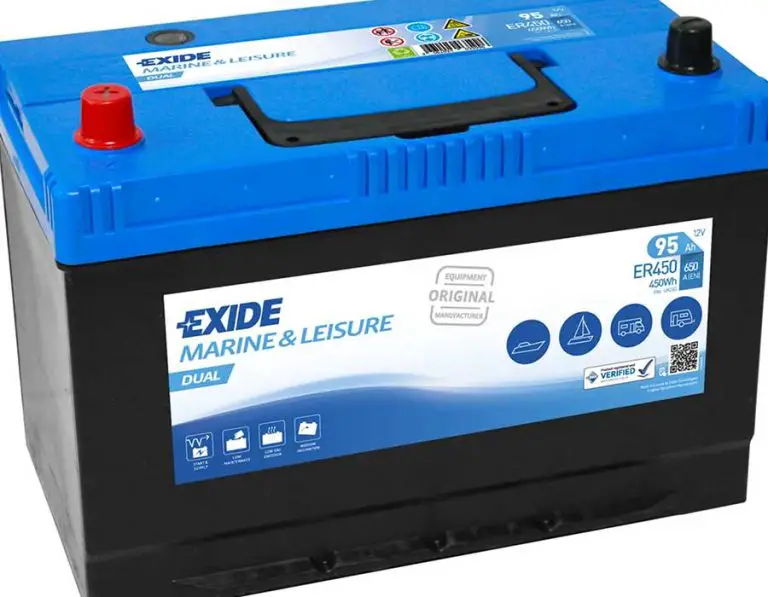Can A Trolling Motor Battery Get Wet? Are Marine Batteries Waterproof?
Trolling motor batteries are designed for powerboat engines. They provide electrical energy for a long time because these water vehicles spend quite some time trolling through fishing areas.
On the other hand, boat starter batteries are used to give the boat the initial engine boost and more power to sustain the motor and devices connected to the boat.
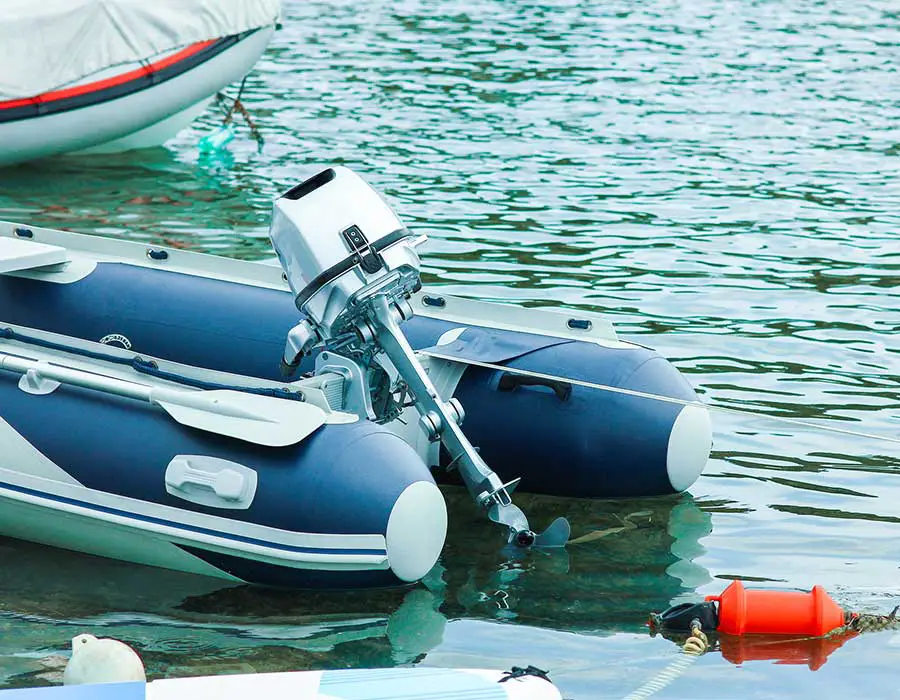
Since boats work in water, and most electrical appliances or engines do not do well in contact with water, you may be wondering how the trolling battery is sustained in such an environment. It is designed to withstand water, rain, snow, and salty water.
However, this is not a cue to leave it exposed to these elements without bother. A trolling motor battery should not get wet. Exposure to freshwater and saltwater can erode your battery and prolonged contact with water can cause irreparable damage to the battery.
What Type Of Batteries Are Used In Trolling Motors?
The different types of batteries compatible with these marine vehicles are;
- Deep cycle batteries
- Dual-purpose batteries
- Lead-acid wet cell batteries
- AGM batteries
- Lithium marine batteries
Deep Cycle Batteries
This type of battery is highly recommended for its steady and constant power supply and lasting operation to keep the engine running for longer. Trolling motors drain power slowly, and this deep discharge can be a challenge to battery plates. Deep cycle batteries are designed with fewer thicker plates for deep discharge. It is also designed to withstand several deep discharge cycles, up to a hundred.
Dual Purpose Batteries
As the name implies, dual-purpose batteries handle starting and cycling power. It gives the best of both worlds in one battery but bears in mind that it does not deliver as well as the batteries dedicated to each cause. It may not deliver starting power as efficiently as cranking batteries, nor would it sustain deep cycles as much as a deep cycle battery, but it is a good choice regardless.
Lead-Acid Wet Cell Batteries
This is most commonly used as a marine battery. It is the most affordable, lasting up to three years but not without careful maintenance. The battery contains a mixture of sulfuric acid and water, also known as the electrolyte, with submerged electrodes. When the battery is used to supply power and frequently recharged, the electrolyte levels drop and require refilling. The maintenance is in regular refilling of the electrolyte and resisting corrosion due to the interaction of the gasses and the battery’s metal areas.
AGM Batteries
AGM stands for Absorbent Glass Mat, which refers to the technology behind this battery type. Unlike wet lead-acid batteries, AGM batteries are sealed and do not use a liquid form of electrolytes. The negative and positive battery plates are separated by an absorbent glass mat, which controls the acid, preventing it from flowing around the battery. The plates are pressed together tightly within the battery case.
AGM batteries are a more expensive choice, but it requires no refilling or much maintenance. They are also very durable, lasting for up to four years.
Lithium Marine Batteries
Lithium marine batteries come highly recommended, above the other types, because they last longer, are fit for deep cycles, and require little to no maintenance. They last longer and are said to provide over 80% capacity over up to 2000 miles. It also charges quickly and lasts up to 10 times longer than the standard wet cell. Another good thing about marine lithium batteries is their lighter weight compared to the other battery types. They are not as heavy but deliver optimal results.
The pros of lithium marine batteries include; fast charge, temperature resistance, long shelf life, light, safer use, etc. If you have difficulty choosing a marine battery, you should use lithium-ion batteries.
What Happens If A Trolling Motor Battery Gets Wet?
Although marine batteries are designed to power on the water, and surely the chances of them getting wet is very high, exposing them to water too often is quite damaging. As much as they are designed for water, they are more at risk than you think. When a marine battery comes in contact with salt water, it creates an electric pathway that drains the energy. Likewise, exposure to fresh water can wear down your marine battery.
The effects of water on marine batteries include;
Battery Terminal Problems
If water penetrates the terminals and accumulates between the terminal chamber, it will act as an electricity conductor forcing the battery to eject discharges at a higher speed. Water in the terminal chamber can affect the boat’s function and leave you stranded on the water.
Base Issues
The housing of marine batteries is well insulated to protect its content. If saltwater comes in contact with the base, it creates an electrical pathway, which causes the battery to discharge out slowly. To prevent this, you can place your battery in a ‘battery box’ to reduce its contact with moisture and furthermore corrosion.
Water And Wires
A characteristic of a battery is electrical wiring, and contact with water, especially salty water, can expel current from the battery through the wire, even if it is insulated. The saltwater being conductive draws power away from the battery.
Corrosion
Freshwater has a different effect on marine batteries compared to saltwater. Freshwater is conductive, but not as much as saltwater. However, continuous exposure of the marine battery to fresh water can lead to rusting alongside slow discharge.
FAQs
Can I Leave My Trolling Motor Out in the Rain?
Your trolling motor may be left out in the rain. While moisture is bad for marine batteries, trolling motors are made to get wet. Avoid getting your trolling motor plugs damp since they are directly linked to the battery.
Trolling motor shafts are often sealed, making it extremely difficult for water to get in. As a result, you don’t need to be concerned if the engine falls into a body of water for an instant.
Where Should I Keep My Trolling Batteries?
Trolling batteries should be stored in the boat’s hatches; you should not leave them exposed on the deck. Also, it is advised that you use a battery box for an extra layer of safety. It protects your battery from the elements and current leakages.
How Long Do Marine Batteries Last?
The lifespan of a marine battery is about four years on average, but some can last up to six years if well cared for. A good tip is to have your battery connected to a maintenance charger to keep it fully charged.
What Type Of Battery Is Best To Power A Boat?
The lead-acid wet cell battery, AGM batteries, deep cycle batteries, and dual-purpose batteries are all excellent choices, but lithium marine batteries are the easiest, safest choice for their highly efficient design and low maintenance requirements.

